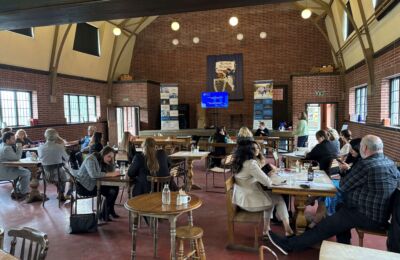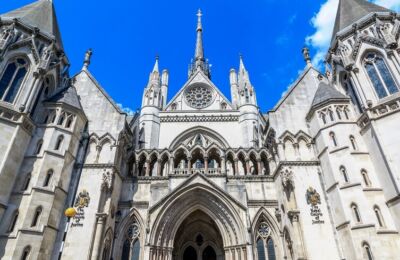What are Care Proceedings?
Care Proceedings are a type of court proceedings. These are instigated by a local authority’s Social Services Department, usually after a period of work with a family. Care Proceedings occur when an application is made by a social worker for a Care Order or Supervision Order concerning a child. They are started when the local authority believe that there is a risk to a child. Only the Court can authorise the removal of a child following an application being made to Court.
If a Care Order is made by the Court, the local authority will have overall parental responsibility for the child
This does not remove the parental responsibility held by most parents to make decisions involving the child, but the local authority has the right to override parental decisions if they feel that this is in the best interests of the child.
Our Services
- provide advice in any Care Proceedings and if social services are going to Court.
- represent you at Court free of charge under Legal Aid – parents generally eligible
- help you to get contact with children
- oppose plans to remove children from your care
- contest allegations of harm


















